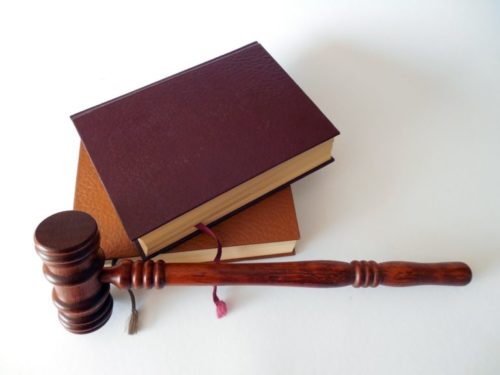While important to establish, your Last Will and Testament should not be the end-all and be-all of your estate planning. Meaning, your Will does not cover every designation you request, and you will have to do so with other important estate planning documents. If not, you may risk your property and assets undergoing intestate proceedings and landing in the wrong hands once you have passed on. Continue reading to learn what you should and should not include in your Will and how an experienced Putnam County Wills attorney at The Law Office of Andres D. Gil, PLLC, can help you in making these determinations.
What should I not include in my Will?
Importantly, you cannot include designations for jointly-owned property in your Will. This is because such property will immediately go to the co-owner of your property when you have passed on.
In addition, you cannot include designations for assets with named beneficiaries in your Will. This is because such assets will be assigned or paid out immediately to your beneficiaries when you have passed on. However, you may still include information about these assets in your letter of instruction. Examples of such assets include the following:
- Proceeds from your payable-on-death bank accounts.
- Proceeds from your life insurance.
- Proceeds from your retirement plans and accounts.
- Pension.
- IRA.
- 401k.
- Proceeds from your employee death benefits.
Other properties and assets that you cannot include in your Will include the following:
- Your business interests.
- Your stocks and bonds in beneficiary.
- Your property included in a living trust.
- Your coverage of a beneficiary with special needs.
- Your personal wishes and desires.
- Your conditional gifts and bequests.
- Your personal property or household items in probate.
What should I include in my Will?
The simple purpose of a Will is to distribute certain property and assets to your desired beneficiaries. That said, you may include the following in your Will:
- Names of the people or organizations you wish to leave your property and assets to.
- Names of the people you wish to leave your property and assets to whom the state’s intestate laws would not include (i.e., stepchildren, godchildren, friends, etc).
- The name of the personal guardians to care for your minor children.
- The name of the trusted individual you wish to manage your property and assets you left to your minor children.
- The name of your designated executor who will work to fulfill your wishes.
All in all, you must ensure that your loved ones are taken care of when you have passed on. This is why executing a valid Will is so important. For assistance with creating one, you must consult with a skilled Putnam County estate planning attorney as soon as you can.
 ?>
?>


